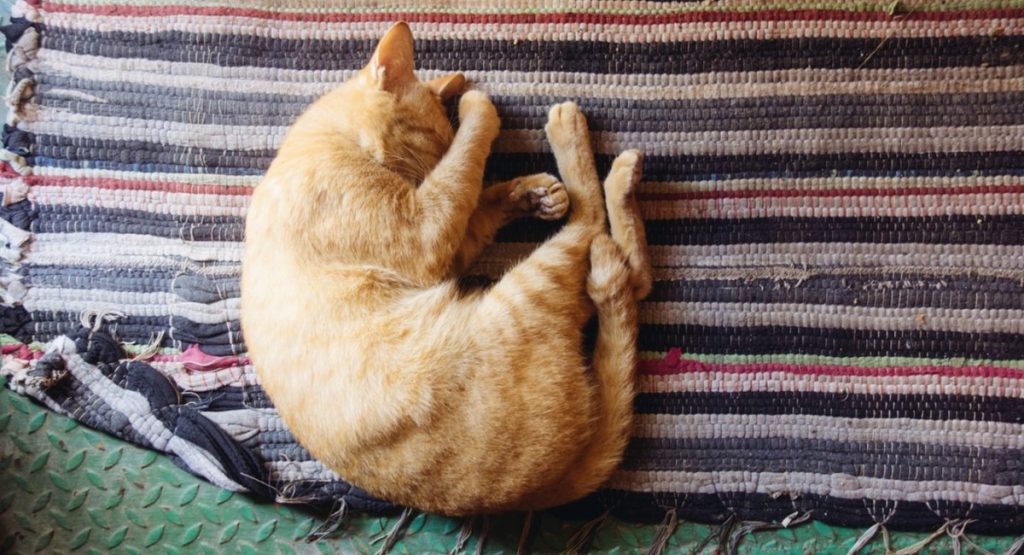Part one of, How to Sleep Well, went over the first five topics of the most common causes of poor sleep. Those topics were late night snacks, anxiety, temperature, electronics, and alcohol. This article will be covering the later five topics; caffeine, sleeping schedule, exercising, artificial light, and sleep apnea.

Caffeine
Everybody needs an energy boost in the morning. That boost may come in the form of coffee, tea, energy drinks, etc. Getting into the routine of relying on caffeine can cause massive withdrawal when there is no caffeine available. Drinking caffeinated drinks too late in the day will also cause people to stay up too late and lose their natural rhythm. Drinking caffeine on a regular basis causes a buildup in the bodies system. A buildup of caffeine leads to segmented and an inability to sleep. These two things lead to harmful apnea.
Sleeping Schedule
Everybody’s body has a natural sleeping pattern. When people are going to bed and waking up at different times, this natural rhythm stops. The body tries to figure out when it is expected to be tired but can’t. This just adds to the lack of sleep.
Exercising
Being active and working out is an undeniable part of being healthy. Exercising is also a great alternative to caffeine because it produces natural energy. On the flip side, raising the heart rate at night before bed makes it difficult to calm down and get good rest.
Artificial Light
The last article stated that the body’s natural clock and sleeping pattern is based on light. That light can be natural or artificial. Having a bedside lamp or night light on when it is time to slumber will confuse the brain’s natural clock.
Sleep Apnea
Sleep apnea is a disorder that is incredibly common in American society. According to the National Sleep Foundation, over 18 million American adults have sleep apnea. This disorder causes your breathing to be briefly and repeatedly disrupted while slumbering. This repetitive disturbance leads to waking up periodically and very abruptly. This disorder does not allow the brain to enter deep sleeping patterns.
Since insurance choices can be confusing, we want to help you understand what coverage you need and how to save money getting it. We want to answer your questions.
CALL US at (844) 410-1320
If you comment below, your question may be the topic of our next post!

